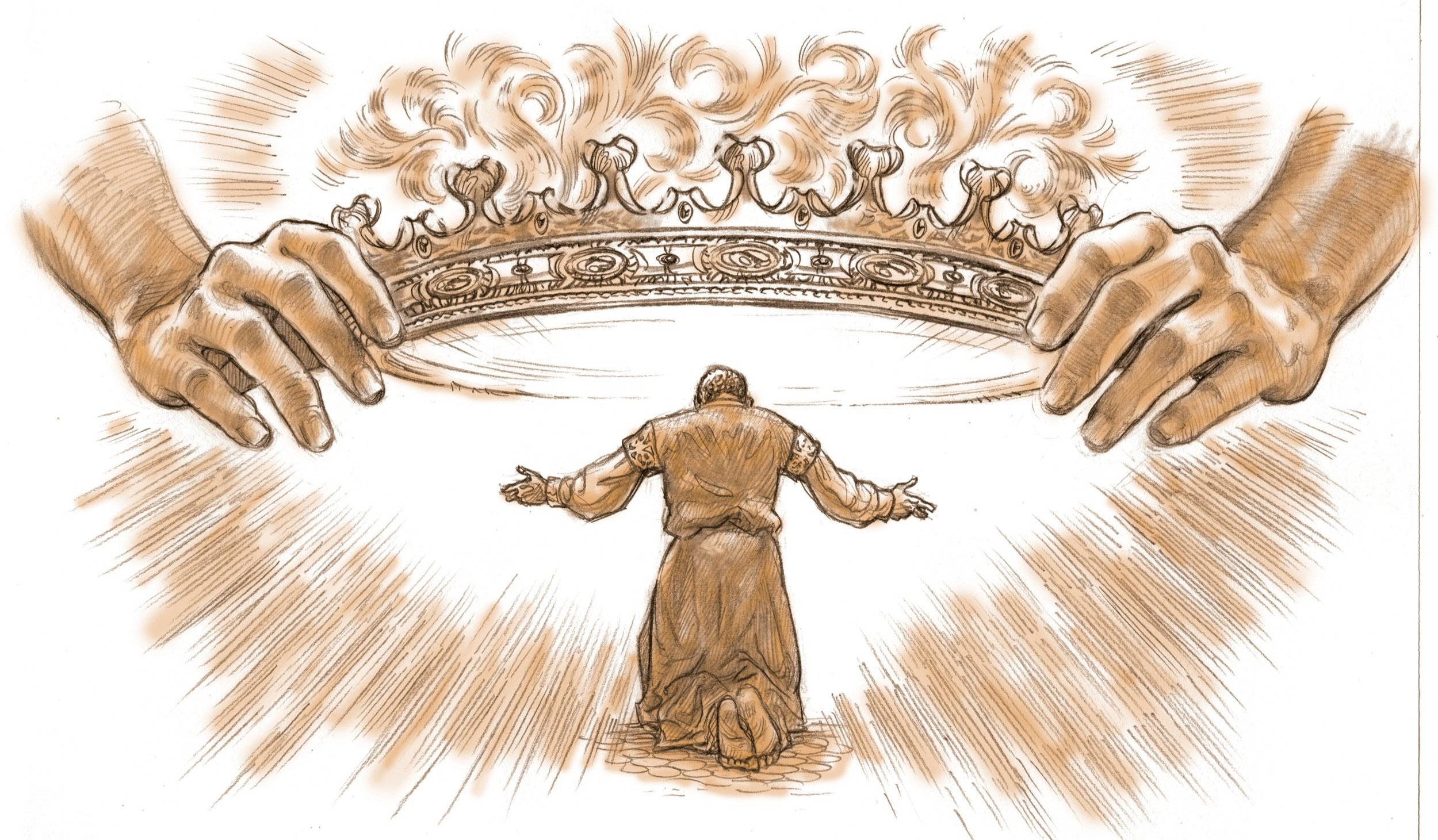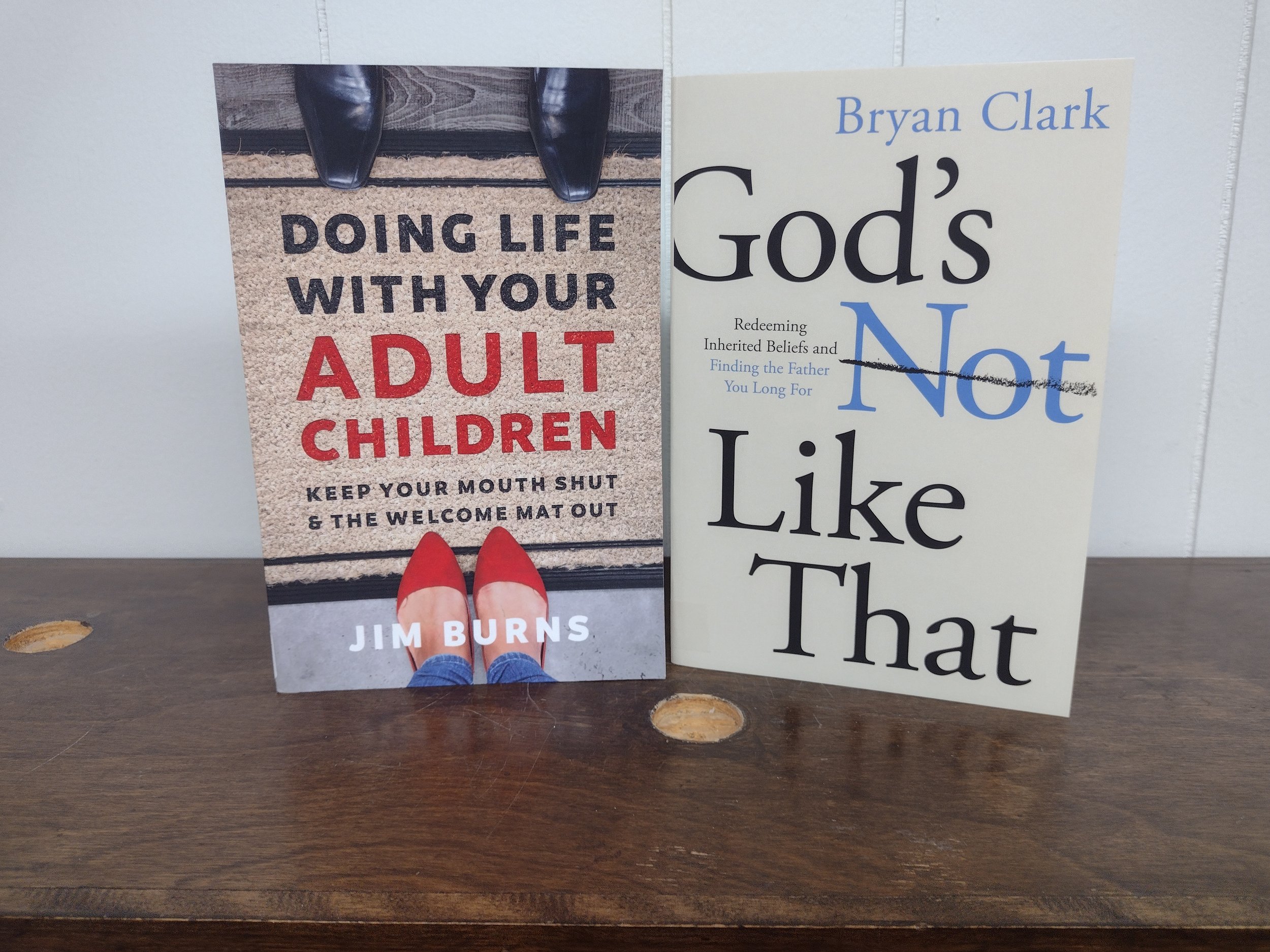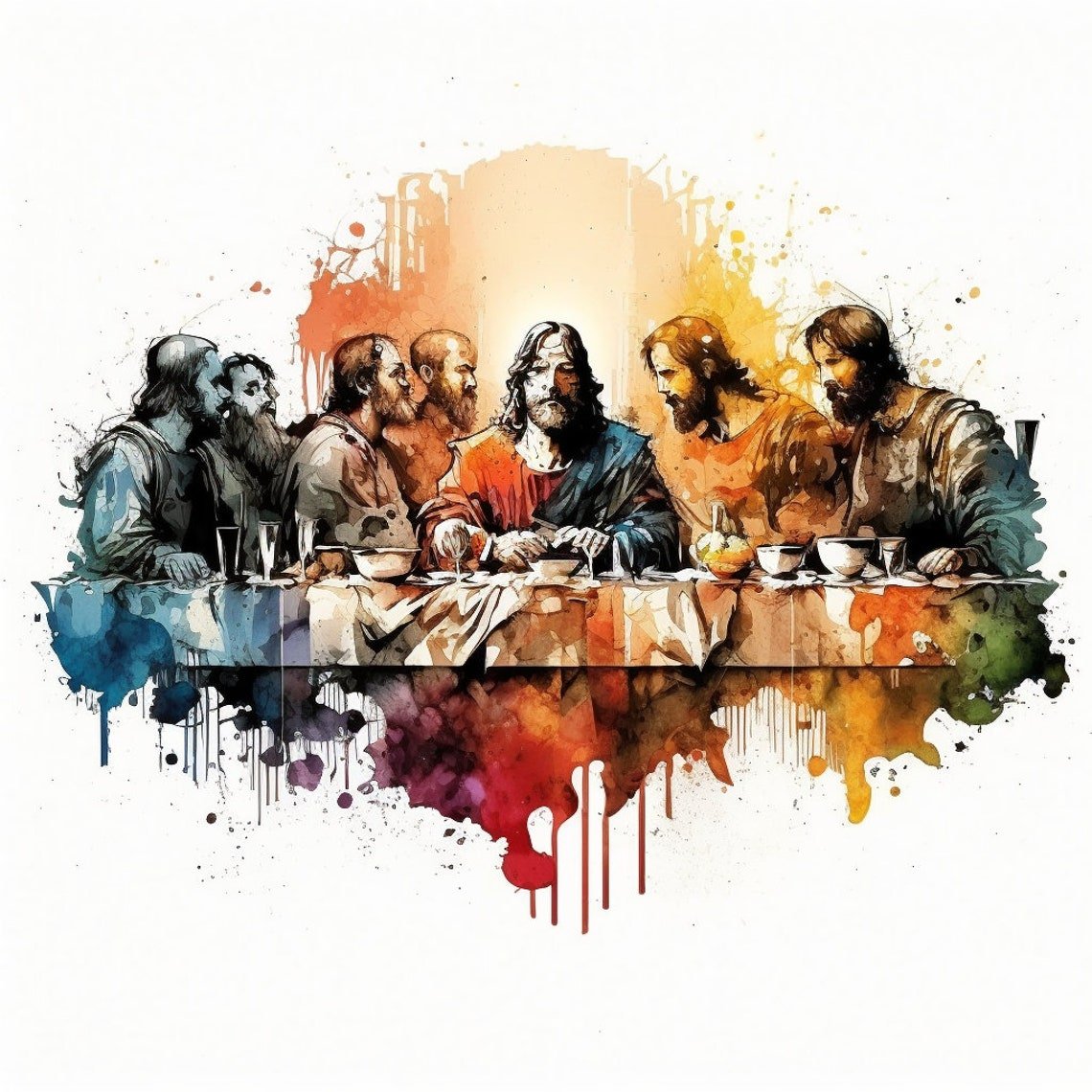Michael Clement
A better chance of hearing the gospel here in America than anywhere else in the world. I just came back from a trip to my son and his family down in Brazil. And that is a whole different culture. I think every American should spend at least a week in a third world country. And they would get off the plane and get on their knees and kiss the ground and thank God for the country that they have the privilege of living in. Anyway, post Millennialism has the idea that there'll be this, in bringing in of the millennial kingdom by the church, by missions. And then eventually the world will be Christianized, and at the end of that, Christ will come, and then he'll judge the nations, and eternity will begin. Then there's a millennialism, and sometimes that's been called realize millennialism. And there's a number of ideas, and I really don't want to misrepresent it, but one of the ideas is that, what happened in 70 AD with the fall of Jerusalem, that was the tribulation. That all the things that are said in the book of Revelation, about the judgements and all that, that took place in 70 AD and now, since 70 AD we've been living in the Millennium. The millennium is a time when Christ reigns, but it teaches, well, Christ is reigning in the hearts of men. He's reigning through the church, he's making his influence known through the church. And that there will come a time in the future sometime when Christ will physically return again. But this is the millennium now, which means Satan is bound now. And there's a lot of people, including me, that have a hard time wrapping their heads around that idea. So anyway, there's all these different views of the individual details, timing. One of the things that scripture encourages us, is that we need to be ready. You know, we always need to be ready. When I was first saved, there was a lot of talk about the second coming of the Lord. I mean, oh, there was just, you know, the signs and Israel became a nation and, oh, there was just all this talk about the second coming of the Lord. There were prophecy conferences and a group of churches in northern New Jersey had a round robin prophecy conference. And they got guys like John Walford and some other guys who, they would be at one church one night and another church another night, and they just rotated these guys around. And boy, everybody was talking about it, and everybody was excited. Well, I came home, we lived in this trailer court, and I came home from a youth group activity, and I'm walking through the trailer court and I happened to look up in the sky, and the moon had a ring around it. I had never seen the moon with a ring around it. And I didn't know a whole lot about the Bible, but I remembered something about there being signs in heaven before the second coming of the Lord. And I thought, "my goodness, Jesus is gonna come! What do I need to do?" And right nearby was the trailer of a friend of mine, and as far as I know, they didn't know the Lord. And I ran over to their door, and I pounded on the door. And this friend's mother came to the door, she said, "mike, what's wrong?" And I pointed up in the sky and said, "Look, look, look!" And she looked up and she said, "oh yeah, ring around the moon. Haven't you ever seen one of those before?" "No, I haven't."
Michael Gleb
Jesus is coming back!
Michael Clement
That's what I'm saying. I was expecting any moment to hear the trumpet. I heard a pastor one time say that, you know, "scripture says that in the twinkling an eye, at the last trump, that Christ would come." And he said, "scientists have actually tried to figure out how quick the twinkling of an eye is. And it's, like, nanoseconds." You know, just instantaneous. He said, "but the sound of a trump will take a few seconds," he said, "so I got a two second message." He said, I hear a trump and I'm gonna say, you better all get saved right now, I'm going to heaven." And boom, off he goes.
Michael Gleb
And it's interesting when you think about, when we talk about this, I've always been kind of same with you as we had a lot of talk about prophecy. And some people wanted to camp on prophecy. And there was maybe this over-emphasis on it. And some people, I think, really just wanted to scare people. I really, truly, think that was what they desire to do. And the return of Christ should not scare any Christian. It shouldn't be a frightening thing. It should, matter of fact, I think it's Paul that writes and he says, you know, "comfort one another with these words." And this is a comforting thing, but you know, what are we to do? Well, it's simple. You know, I've told our church before, I said, "there's the wake up walk with the Lord." Commune with Him. Love the people that God has placed in your life; abstain from sin. That's a pretty good day in the life of a Christian. And so that's what we do. And if you can tell somebody about Jesus, I mean, that would be another important thing to do, because every single day, it's a day closer to that day.
Michael Clement
And John Walford once made the comment, and it was back in the early 60's when all these conferences were going on. He said, "isn't it sad?" He said, "if we have a prophecy conference, tons of people will come out. If we have a conference on holiness, on prayer, on evangelism," he said, "you don't get the response." And yet that's the reason for prophecy. You know, that these things should motivate us in our Christian life.












































